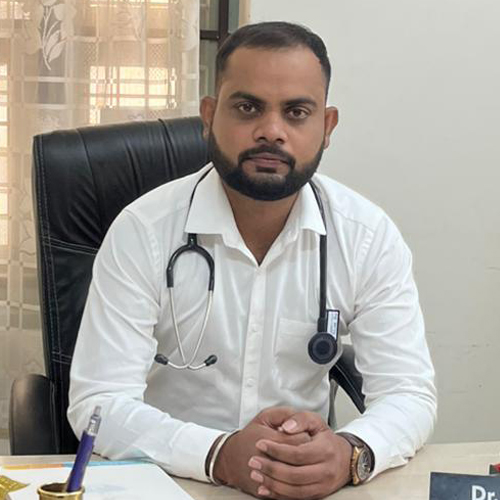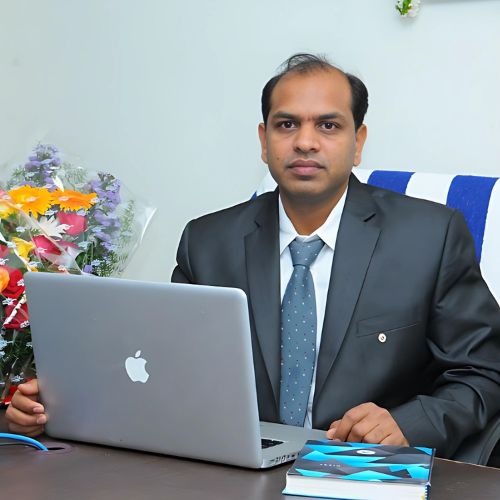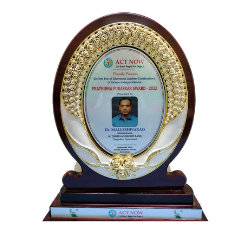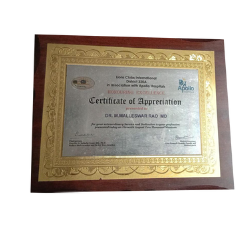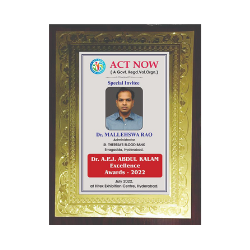A Herbal Mission and a Healthy Vision
MISSION
To provide compassionate, Affordable personalized Ayurvedic healthcare, enriching lives through traditional wisdom, innovative treatments, and a commitment to patient well-being.
VISION
To be the global beacon of holistic healing and well-being, pioneering the integration of ancient Ayurvedic wisdom with modern healthcare practices.



About Sai Ayush Ayurveda
Best Ayurveda Hospital in Hyderabad
Sai Ayush Ayurveda welcomes you to a new life. Allow us to pamper you with the best Ayurvedic Panchakarma treatments in Hyderabad and make your life better than ever.Our best Ayurvedic Doctor in Hyderabad provides you with the ideal holistic and best Ayurveda treatment in Hyderabad for any illness or disorder. The goal of starting Sai Ayush Ayurveda was to make a real, affordable, and easy-to-make the best Ayurveda Hospital in Hyderabad available to everyone.
Sai Ayush Ayurveda Hospital & Research Institute is one of the top Ayurvedic clinics in Hyderabad, Telangana, providing both traditional Panchakarma treatments and modern physiotherapy for all chronic and acute disorders. All therapies are performed by the qualified best Panchakarma Kerala therapists under the supervision of the Best Ayurvedic Doctors / Physicians with 40+ years of experience.
Our Ayurvedic approach is holistic, which means that we treat each person individually based on their Dosha – Vata, Pitha, and Kapha – and create customized treatment plans based on the results of their visit.. All therapies are carried out under the supervision of experienced and trained top Ayurveda doctors and Panchakarma Kerala therapists. We specialize in the treatment of chronic diseases, pain relief treatments, and preventive healthcare. Treatments are provided for Obesity, Diabetes, PCOD, hypertension, Thyroid, Cough and Cold, Asthma, Acidity, Headache, Dandruff, Hair fall, Stress, Anxiety and depression. Spondylitis, Arthritis, Back & Shoulder Pain, Joint Pains, Weight Reduction, Paralysis, liver disorders, Skin Diseases, Acne, Psoriasis, Allergies, Irregular menstrual cycles, infertility, Relaxation, Rejuvenate & Detoxification”.
Expert Doctors Treatment
Best Ayurvedic Doctors in Hyderabad

Dr Abdul Salam
33 Years Experience
Ready to Restore Harmony in Your Mind, Body, and Spirit?
Ayurvedic medicine aims to bring balance and harmony to your life by considering
all aspects of your well-being.
Testimonials
What People Say About us
Our Prestigious Awards
Fill out this form for booking online.
Make Your Appointment
Set A Reminder To Stay On Track And Avoid Missing It!
Customer Service
+91 81423 28080
WhatsApp Now
Subscribe Now
SaiAyush Ayurveda




